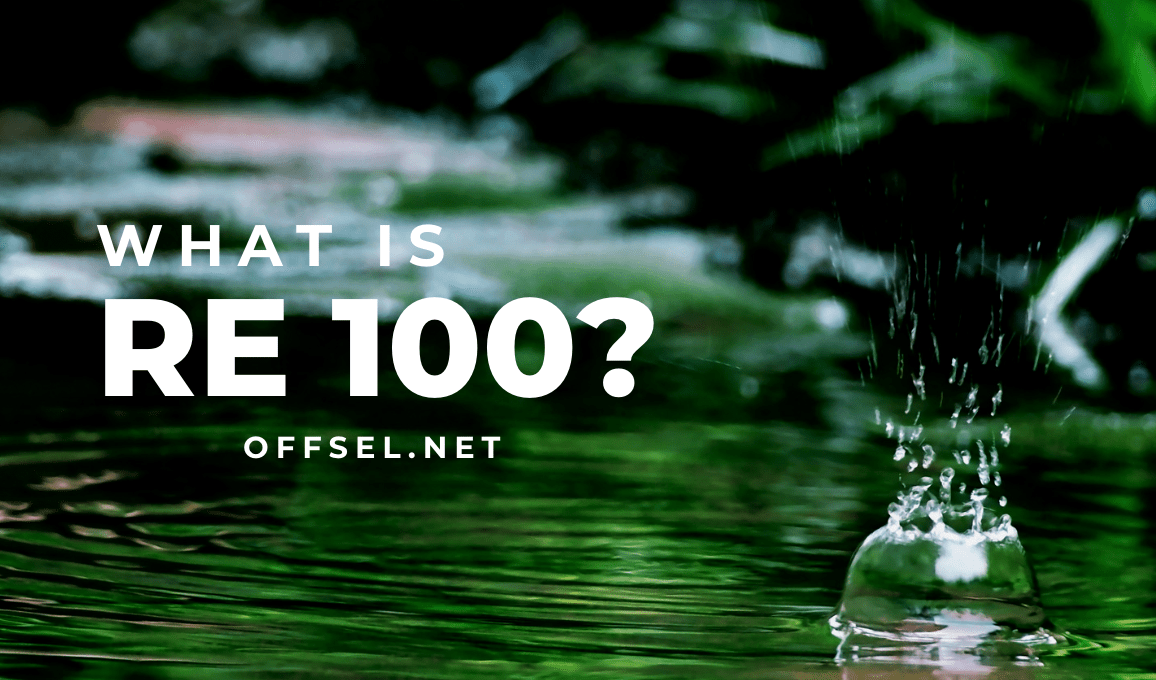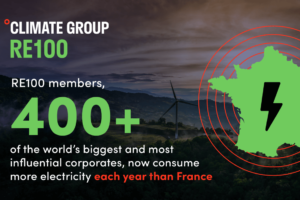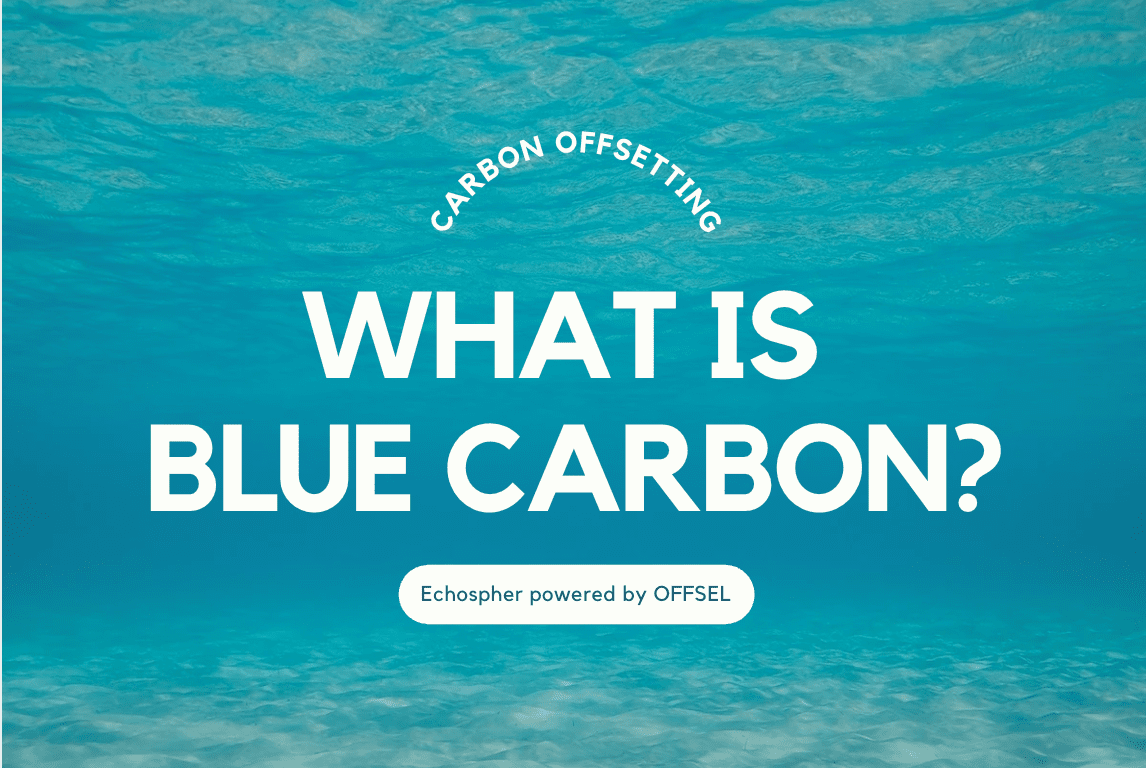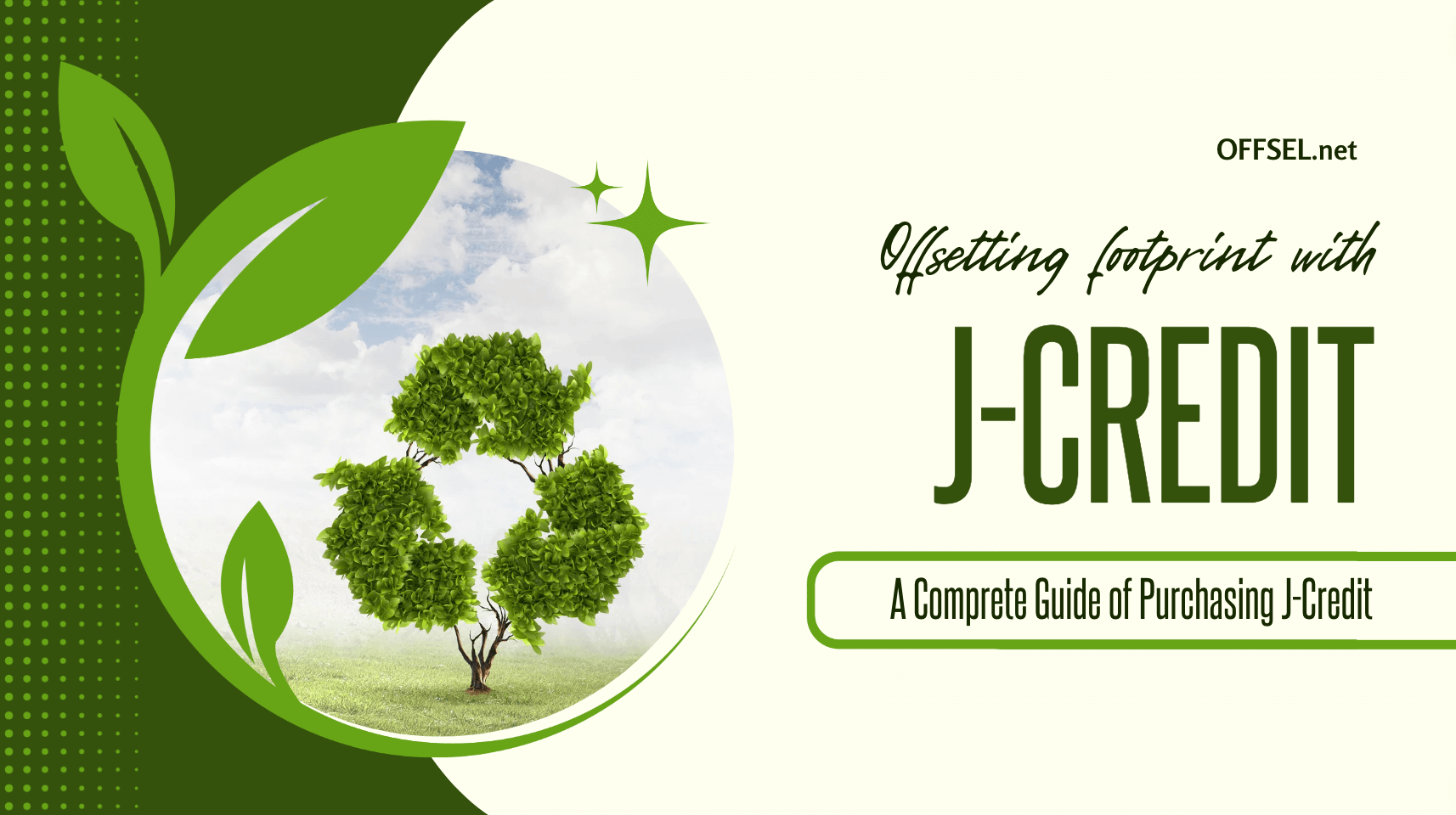What is the RE100 Standard?
- CO2-reduction

RE100 is a corporate alliance that aims to meet all its electricity needs through renewable energy, and is joined by top companies around the world. This time, we will introduce the details, the companies that are members of RE100, and the background of the launche.
Table of Contents
What is RE100 and how it launched?

The RE100 is an international coalition of companies which aim to have 100% of renewable energy by reducing greenhouse gas emissions, which are a major cause of global warming.
RE100 was initiated in 2014 by the international NGO Climate Group, in partnership with CDP, a non-governmental organization managed by a British charity. By rising issue of global climate change, approximately half of the world’s electricity is used in the commercial and industrial sector. Thus, the Climate Group launched RE100 with the goal of transitioning corporate electricity use to renewable energy as a means of improvement.
The goal is to create a virtuous cycle where “businesses adopt renewable energy” and “power companies and electricity retailers drive development” to create a sustainable energy supply.
Large and ambitious international corporations such as Apple, IKEA, and Sony participate in this initiative, widely recognized as an effort to protect the global environment.
The renewable energy defined by RE100 includes five types: solar power generation, wind power generation, biomass power generation, hydroelectric power generation, and geothermal power generation.
What is the difference with SBT?
SBT stands for Science Based Targets, which refers to the greenhouse gas reduction targets set by companies for a period of 5 to 10 years in accordance with the international framework of the “Paris Agreement” on global warming.
The difference between SBT and RE100 is the objectives. While the goal of RE100 is to introduce renewables, SBT aims to reduce emissions throughout the corporate value chain.
What is the difference between EP100?
| EP100 | RE100 | |
|---|---|---|
| Definition | An initiative focusing on energy productivity. | An initiative focusing on renewable energy sourcing. |
| Goal | To double energy productivity. | To achieve 100% renewable energy. |
| Focus Area | Energy efficiency and productivity improvements. | Transitioning to renewable electricity sources. |
| Member Commitment | Improve energy efficiency, reducing non- renewable energy. | Transition to 100% renewable electricity. |
| Impact | Reducing energy consumption and increasing efficiency in operations. | Reducing carbon footprint by using renewable electricity sources. |
| Membership | Companies committed to improving their energy productivity. | Companies committed to transitioning to renewable electricity. |
EP100 stands for “Energy Productivity 100%,” an international initiative to double the energy efficiency of businesses.
While the goal of RE100 is to generate renewable energy, EP100 focuses on increasing energy efficiency through measures such as reducing energy consumption in business premises, adopting LEDs, and using highly energy-efficient company vehicles..
The initiative is managed by the Climate Group, the same organization that oversees RE100, in partnership with the Alliance to Save Energy and the World Green Building Council. Only 128 companies worldwide are members of EP100.
How to join RE100
The membership criteria for RE100 are not explicitly defined, but the following conditions are considered important:
- The company’s annual electricity consumption must be at least 100 GWh (50 GWh in Japan).
- The company should have characteristics or influence that can contribute to the goals of RE100.
- The company should be a Fortune 1000 or an equivalent large multinational corporation.
- The entire group, including any subsidiaries with more than 50% control from the parent company’s perspective, must participate and work towards a transition to renewable energy.
If a company wishes to join RE100, it must apply directly to the RE100 Secretariat for accreditation, and if approved, officially become a member of RE100.
How to achieve RE100
Set a Clear Commitment
Board Approval: Secure commitment from the highest levels of your organization. This ensures that the goal of 100% renewable electricity is integrated into the company’s overall strategy.
Public Declaration: Announce your commitment to RE100 publicly. This not only holds the company accountable but also sets an example for others in the industry.
Assess Current Energy Use
Energy Audit: Conduct a thorough audit of your current energy consumption. Identify the sources of your electricity and the proportion derived from renewable versus non-renewable sources.
Baseline Measurement: Establish a baseline measurement of your current energy use to track progress over time.
Develop a Renewable Energy Strategy
Short-term and Long-term Goals: Set both short-term milestones and long-term targets for increasing the share of renewable electricity in your energy mix.
Diverse Energy Portfolio: Consider a mix of renewable energy sources such as solar, wind, hydro, and biomass to ensure energy reliability and cost-effectiveness.
Invest in Renewable Energy Projects
On-site Generation: Invest in on-site renewable energy projects like solar panels, wind turbines, or geothermal systems. This not only provides a direct source of renewable energy but can also reduce transmission losses.
Power Purchase Agreements (PPAs): Enter into PPAs with renewable energy providers. This can guarantee a supply of renewable electricity and often at a fixed price.
Renewable Energy Certificates (RECs): Purchase RECs to offset the portion of your electricity that is not currently sourced from renewables. This is a transitional step while longer-term investments are made.
Enhance Energy Efficiency
Energy Efficiency Measures: Implement energy efficiency measures to reduce overall electricity consumption. This can include upgrading to energy-efficient lighting, HVAC systems, and machinery.
Smart Technology: Utilize smart technology and energy management systems to monitor and optimize energy use in real-time.
Engage Stakeholders
Employee Engagement: Educate and engage employees on the importance of renewable energy and energy conservation practices.
Supply Chain Collaboration: Work with suppliers and partners to encourage the adoption of renewable energy practices throughout the supply chain.
Track Progress and Report
Regular Monitoring: Establish a system for regular monitoring and reporting of renewable energy usage and progress towards RE100 goals.
Transparent Reporting: Share progress reports publicly to maintain transparency and accountability. This can also inspire other organizations to commit to renewable energy.
Benefits of joining RE100
ESG investment
One of the benefits of joining RE100 is attracting ‘ESG investment‘. ESG stands for Environmental, Social, and Governance, and refers to an investment approach that incorporates non-financial information. Even if a company is strong, its valuation can suffer if it fails to adequately address social and environmental issues.
Revise energy costs
In RE100, a company plans to convert 100% of its electricity consumption to renewable energy. As part of this process, the company also explores different methods of sourcing renewable energy.
There are many choices for a company, and it can be an opportunity to reassess future energy costs, and help strategize actions for sustainable long-term growth.
Contribute to the environment
If all business operations can be powered by renewable energy, the emission of CO2, a major contributor to global warming and climate change, will be dramatically reduced. This is a significant contribution to the environment.
In addition, renewable energy sources, such as solar power, are constantly available on the earth and do not face depletion concerns. Furthermore, the electricity generated from these sources does not contain harmful greenhouse gases, thereby minimizing the impact on the environment.
Example of companies joining RE100
As of now, over 400 companies have joined the RE100 initiative, committing to sourcing 100% of their electricity from renewable sources. Here are a few examples:
- 3M (United States) – A global manufacturing and technology company aiming to source 100% renewable electricity by 2050.
- Accenture (Ireland) – A global professional services company targeting 100% renewable electricity across its global operations by 2023.
- Adobe (United States) – A multinational software company committed to powering its operations with renewable electricity by 2035.
- Airbnb (United States) – Aims to use 100% renewable electricity across its global operations by 2021.
- Anheuser-Busch InBev (Belgium) – The world’s largest brewer, targeting 100% renewable electricity by 2025.
- Apple (United States) – Achieved 100% renewable electricity, powering its global facilities across 43 countries.
- AstraZeneca (United Kingdom) – A global biopharmaceutical business committing to 100% renewable electricity by 2025.
- Barclays (United Kingdom) – A major bank with a target to achieve 100% renewable electricity by 2030.
- Burberry (United Kingdom) – A global luxury fashion brand aiming for 100% renewable electricity by 2022.
- Capital One (United States) – A diversified bank that has achieved 100% renewable electricity across its global operations.
Additionally, several Japanese companies have recently joined the RE100, contributing to the increasing momentum in Japan for renewable energy:
- Ichigo Inc. – Targeting 100% renewable electricity by 2040.
- Kumagai Gumo Co., Ltd. – A construction company with a goal for 100% renewable electricity by 2050.
- Nikon Corporation – Set to source 100% renewable electricity by 2050.
- Nissin Foods Holdings – Committed to achieving 100% renewable electricity by 2050, with an interim goal of 60% by 2030.
RE100 is an initiative that is gaining global attention and is essential to achieving Sustainable Development Goals (SDGs) and attracting ESG investment.
Moreover, the focus on environmental measures is increasing day by day, as evidenced by trends around the world. Please consider joining RE 100, as one of the strategies to maintain and develop your corporate governance in the future.
You May Also Interested In:
A guide of Carbon Neutrality – What is the Difference between Net Zero and Decarbonization?
What Are I-RECs (International Renewable Certificates) And How They Work?
What Is TCFD (Task Force on Climate-related Financial Disclosures)?
CONTACT US
Please feel free to contact us at anytime.
We will get back to you as soon as we
can!
Editor
OFFSEL Owned by Erevista Inc, OFFSEL is specializes in Environmental issues, especially in carbon neutrality. We primarily provide the latest information on environmental energy.




